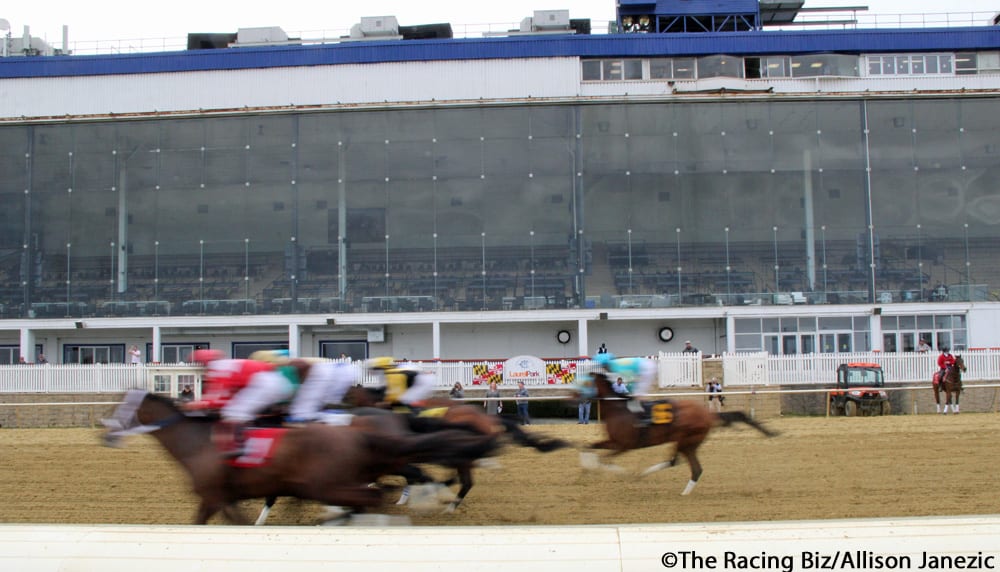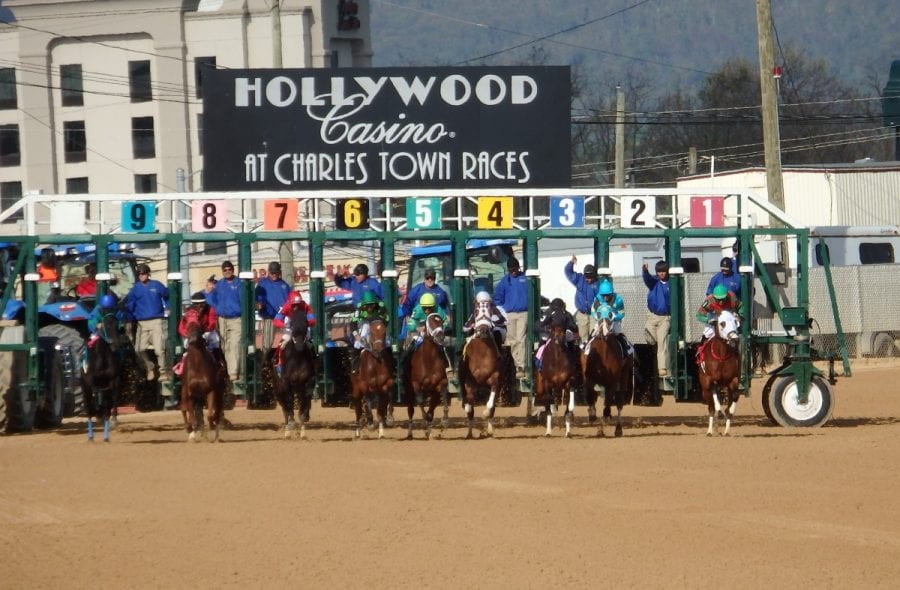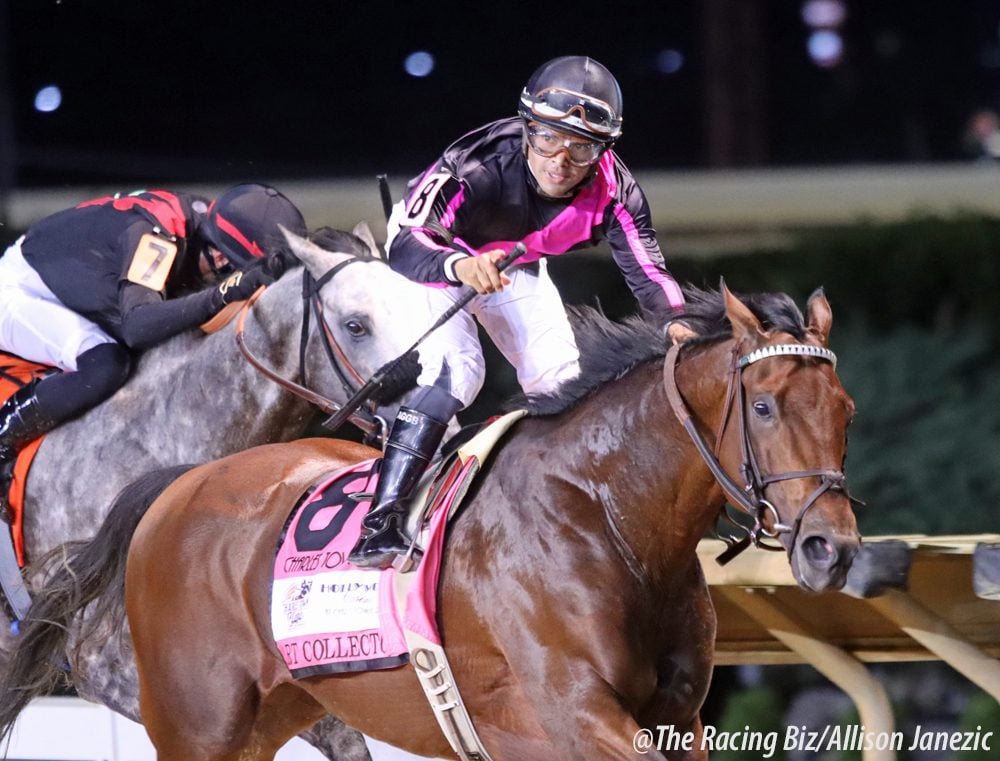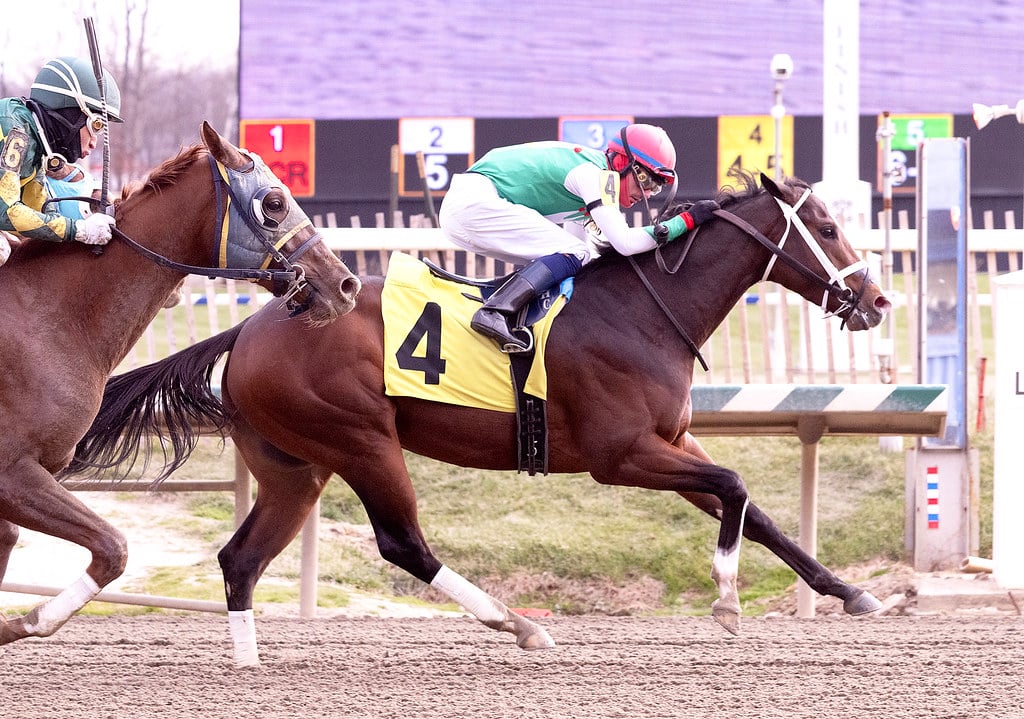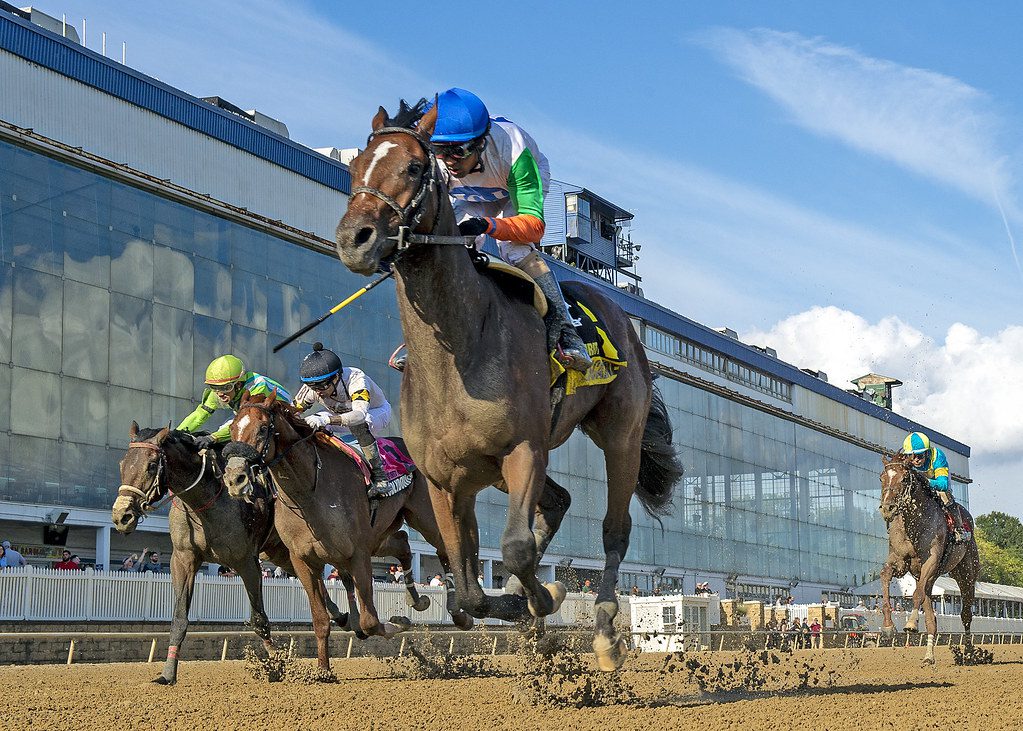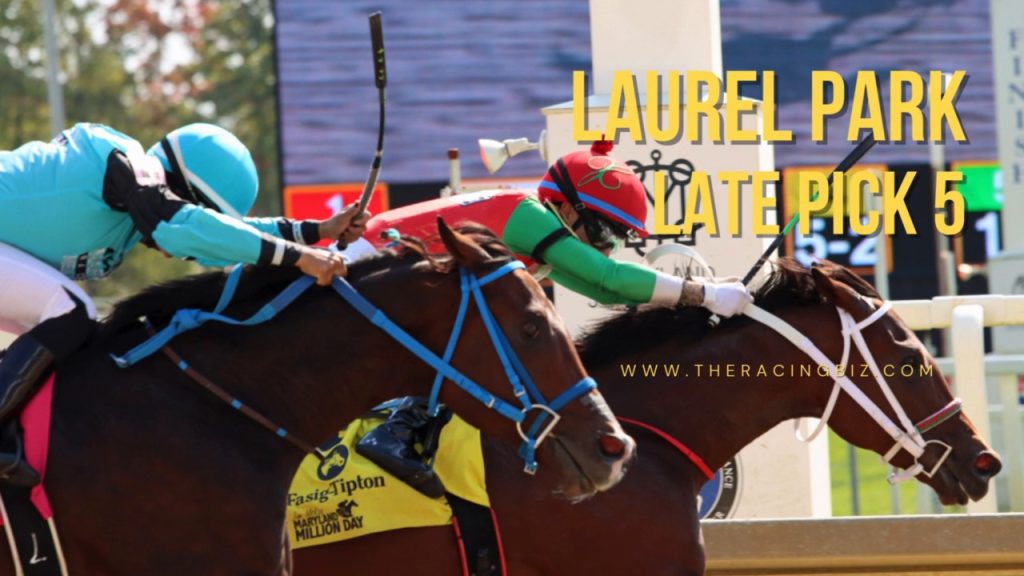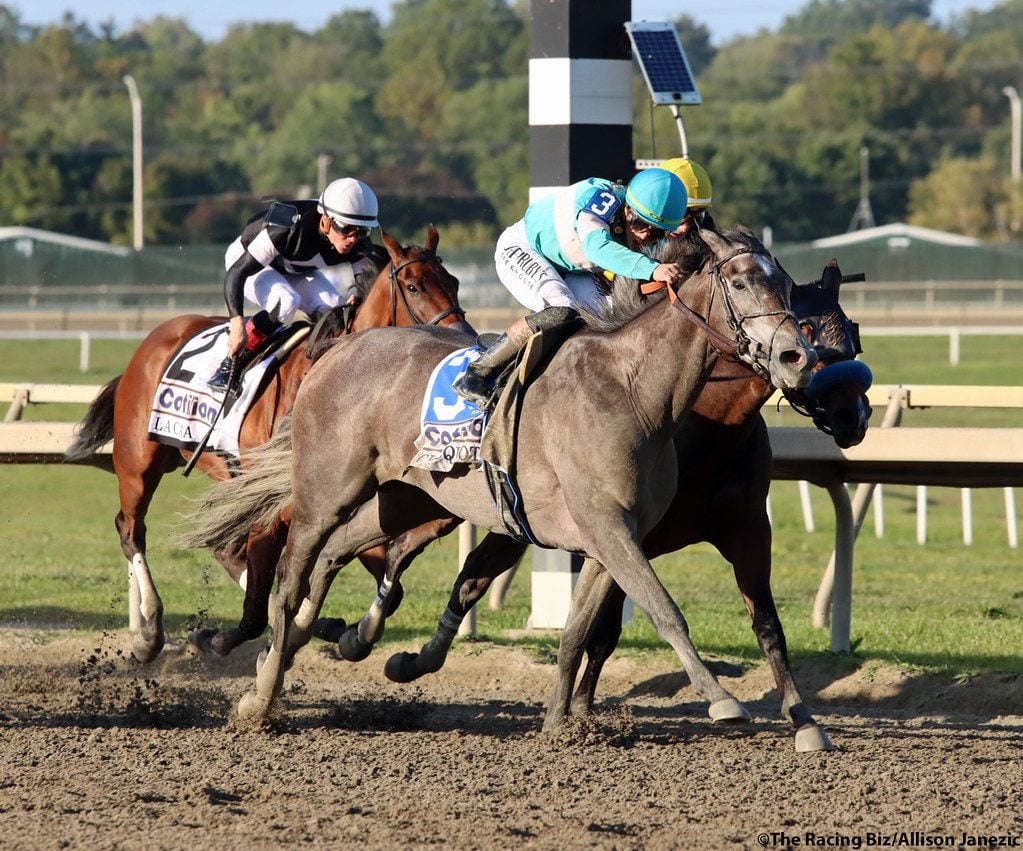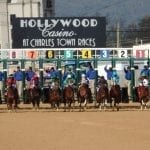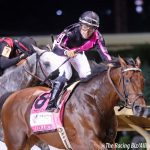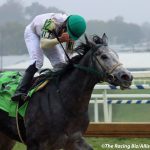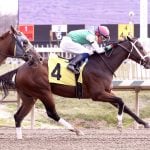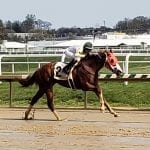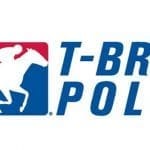VEA: THOROUGHBRED JOBS RETURNING TO VIRGINIA
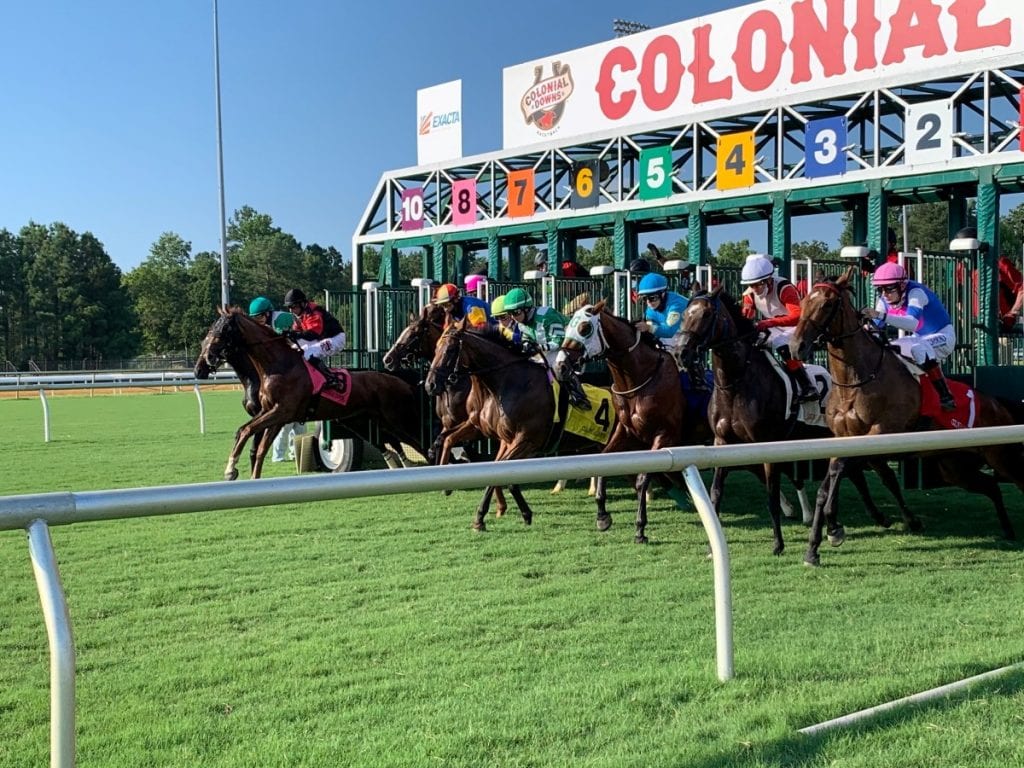
“And they’re off…” When it comes to the horse racing industry in Virginia and the economic impact it is generating, that’s an appropriate metaphor. According to a newly released study, the industry generated an estimated economic impact of $542.1 million in the Commonwealth in 2019.
- LRL: Phlying Phyllis aims to extend streak in Sunday feature
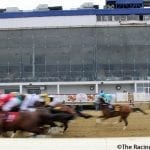 Never worse than second in four career starts, Phlying Phyllis will look to extend her streak in Sunday’s Laurel Park feature, plus Saturday results.
Never worse than second in four career starts, Phlying Phyllis will look to extend her streak in Sunday’s Laurel Park feature, plus Saturday results.
“What we’re finding is that jobs are coming back, horse racing-related expenditures are up, and tax revenue to the state is increasing,” said John Hannum, Executive Director of the Virginia Equine Alliance. “These are all very positive signs that the racing industry is moving in the right direction and benefiting the Commonwealth’s agribusiness and related businesses. Racing was at a low point in 2014 after the closure of Colonial Downs’ racetrack. The General Assembly took a number of steps, most notably the passage of Historical Horse Racing machines in 2018, that provided the revenue to re-open the track and fund the revitalization of the industry. The study points to the enormous strides the industry has made since 2014.”
The study was commissioned by the Virginia Equine Alliance, the industry’s organizational body that promotes the racing and breeding industry throughout the state. Chmura Economics and Analytics (Chmura), a research consulting firm in Richmond, VA, conducted the study.
Highlights of the new study include:
- Overall economic impact for 2019 of $542.1 million.
- Annual horse-related expenditures by Virginia horsemen estimated at $239.44 million in 2019.
- Overall total in state tax revenue for 2019 estimated at $26.5 million.
- Estimated total economic impact of horse racing events and visitor spending in Virginia was $68.7 million in 2019.
- Jobs supported in 2019 by the horse racing and breeding industry estimated at more than 5,000.
- The average amount spent by horsemen in Virginia to care for, train, and board a race horse is estimated at $14,663.
“The Commonwealth has a rich history of breeding and racing Thoroughbreds, from even before the days of Triple Crown-winning Secretariat from Caroline County and continuing to today. The industry is an important part of our agriculture economy, especially in rural parts of Virginia,” said Bettina Ring, Virginia Secretary of Agriculture and Forestry. ”A successful horse industry means that more farms remain economically viable, which in turn makes it easier to maintain and conserve productive farmland throughout the Commonwealth. I am pleased that the results of this study support that Virginia continues to be a place where the horse industry can thrive.”
Karen Godsey, owner of Eagle Point Farm, a 200-acre Thoroughbred training center in Ashland, VA has seen first-hand the benefit of the Thoroughbred industry coming back stronger in the last few years.
“Our industry has really seen a tremendous turnaround,” Godsey said. “I’ve been able to recruit and retain more workers, because I am able to pay them a higher per-hour rate than before. I’ve also had to rent out two additional farms for more horses.”
D.G. Van Clief, Chairman of the Virginia Racing Commission stated “that much of the industry’s success over the last few years has been the result of the entire industry coming together and working for the shared goal of revitalizing racing. We are now in a position to grow the sport and add racing days. I am excited about the prospects for racing in the state.”
According to this study, the economic impact is likely an underestimation of the full potential impact in 2019. For example, Colonial Downs race track in New Kent, VA, was only open for nine months in 2019, versus a full 12 months. On the racing side, there were 18 race days, attracting 42,000 spectators. In future years, those racing days are expected to likely double, generating even more of an economic impact.
“We’re eager to see how these numbers increase when life gets back to normal and we have a full year of activity at the venue,” Hannum said.
LATEST NEWS


